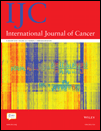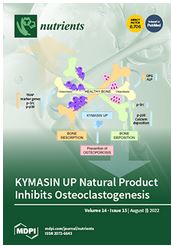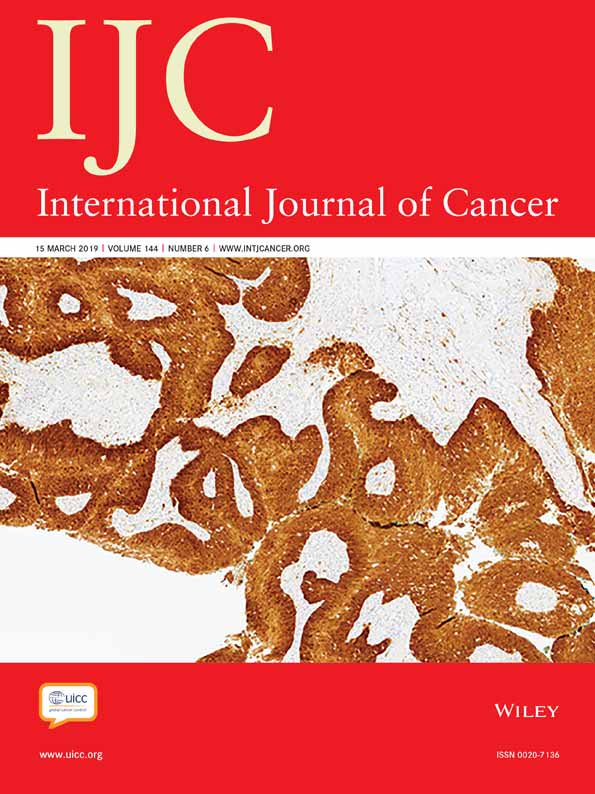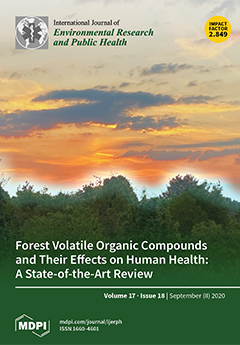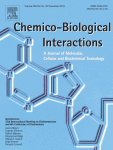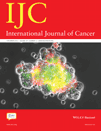Adipokines and inflammation markers and risk of differentiated thyroid carcinoma: The EPIC study
Other than the influence of ionizing radiation and benign thyroid disease, little is known about the risk factors for differentiated thyroid cancer (TC) which is an increasing common cancer worldwide. Consistent evidence shows that body mass is positively associated with TC risk. As excess weight is a state of chronic inflammation, we investigated the relationship…



